Delve into the rich tapestry of pub music traditions in Ireland, where centuries-old melodies blend with modern flair to create an unforgettable sonic experience. From the rustic charm of traditional Irish music to the lively rhythms of contemporary pub tunes, this enchanting genre has captivated audiences worldwide with its infectious energy and emotional depth.
As we embark on this journey through Ireland’s musical heritage, we’ll delve into the fascinating world of pub music, exploring its evolution, iconic musicians, and the unwritten rules of Irish pub etiquette. We’ll discover the secrets behind the golden rule of Irish pub behavior, the art of storytelling in Irish songs, and the unique characteristics that define pub music. Whether you’re a seasoned music enthusiast or just discovering the magic of pub music, join us as we uncover the hidden gems and timeless traditions that make Ireland’s pub music scene truly special.
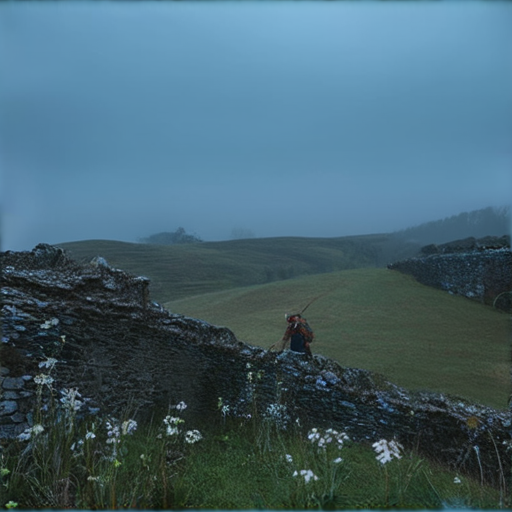
Music Played in Pubs: A Guide to Customer Satisfaction
A well-chosen playlist can significantly enhance the ambiance and overall experience of a pub, making it an essential aspect of customer satisfaction.
- Genre Preferences: Research indicates that patrons often prefer music genres that align with their personal tastes, with popular choices including indie rock, electronic, and hip-hop in urban settings, and classic rock, folk, or jazz in traditional pubs.
- Mood and Atmosphere: Consider the desired atmosphere you want to create in your pub, whether it be lively and energetic or relaxed and intimate. Music selection should complement this mood, with upbeat tracks suitable for high-energy environments and mellow tunes ideal for low-key gatherings.
- Volume Control: Maintain a balanced volume level that allows patrons to engage in conversation comfortably. Aim for a decibel level between 60-70 dB to ensure an enjoyable listening experience without overpowering conversations.
- Playlist Rotation: To keep the atmosphere fresh and prevent listener fatigue, rotate playlists regularly. Introduce new artists, songs, or genres every few weeks to cater to diverse musical tastes and maintain interest among regulars.
- Live Music Events: Hosting live music events can be a great way to attract new customers and create memorable experiences. Choose acts that fit your pub’s style and target audience, and consider partnering with local musicians to foster a sense of community.
Key Takeaways:
- Understand your target audience’s genre preferences and tailor your playlist accordingly.
- Balance volume levels to facilitate conversation and create a comfortable atmosphere.
- Rotate playlists regularly to maintain interest and cater to diverse tastes.
- Host live music events to attract new customers and foster a sense of community.
The Irish Song Tradition
The Irish song tradition encompasses a rich cultural heritage of music, storytelling, and poetry that has been passed down through generations. This unique musical expression is characterized by its distinctive styles, instruments, and lyrics, which reflect the country’s history, folklore, and identity.
Origins and Influences
The Irish song tradition has its roots in ancient Celtic music, with influences from Scotland, Wales, and England. Over time, it evolved into distinct regional styles, shaped by local customs, traditions, and languages. For example:
- Ulster song tradition**: Known for its complex harmonies and intricate melodies, this style emerged in the province of Ulster and features songs like “The Foggy Dew” and “The Mountains of Mourne.”
- Connaught song tradition**: Characterized by its strong emphasis on storytelling and poetic lyrics, this style originated in the province of Connacht and includes songs like “The Wind That Shakes the Barley” and “The Parting Glass.”
- Munster song tradition**: This style is marked by its lively rhythms and catchy melodies, reflecting the region’s strong folk music heritage.
Seannns Singing
Seannns singing is a specific style of unaccompanied singing in the Irish language, known for its simplicity and emotional intensity. This traditional form of singing often features minimal ornamentation, allowing the listener to focus on the raw emotion and authenticity of the singer.
Instrumentation and Accompaniment
Traditional Irish music is typically accompanied by instruments such as the fiddle, bodhran, tin whistle, and uilleann pipes. These instruments create a rich tapestry of sound, adding depth and complexity to the music.
Regional Variations and Revival
Despite the decline of traditional Irish music in the mid-20th century, there has been a resurgence of interest in recent years. Regional variations continue to thrive, with many musicians and groups working to preserve and promote the unique styles and traditions of each region.
Conclusion
The Irish song tradition is a vibrant and diverse cultural phenomenon, reflecting the country’s rich history, folklore, and identity. Through its unique styles, instruments, and lyrics, this tradition continues to captivate audiences around the world, offering a glimpse into the heart and soul of Ireland.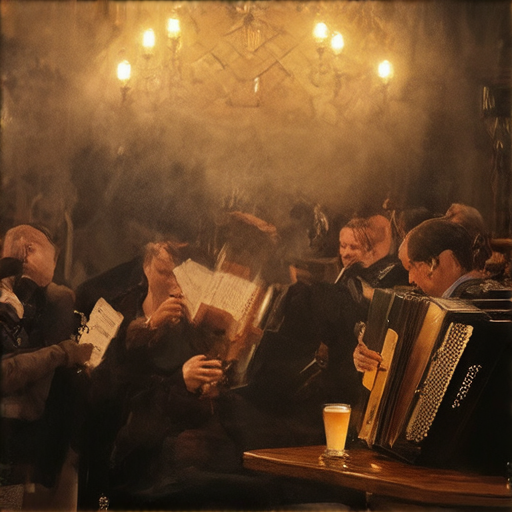
The Golden Rule of Irish Pub Etiquette
When visiting an Irish pub, understanding the unwritten rules of behavior can enhance your overall experience and foster a sense of community among patrons.
Sharing Food and Drink
- Splitting food and drink is a common practice in Irish pubs, especially when ordering snacks or sharing plates.
- When offered a snack or appetizer, it’s customary to accept and then offer some to others at the table.
- Similarly, if you’re drinking beer or whiskey, it’s considered polite to share with friends or colleagues.
Respecting the Bar and Staff
- Always greet the bartender with a friendly “hello” or “good evening,” and show appreciation for their service.
- Avoid interrupting the bartender or arguing with them over prices or drinks.
- Be mindful of your belongings and keep an eye on your drinks at all times.
Engaging with Other Patrons
- Participate in conversations with fellow patrons, but avoid dominating discussions or being overly loud.
- Show interest in others’ stories and experiences, and be willing to share your own.
- Be respectful of differing opinions and perspectives, even if you disagree.
Leaving the Pub
- When leaving the pub, thank the bartender and staff for their service, and express gratitude for the enjoyable atmosphere.
- Don’t leave without paying for your drinks or settling your tab.
- Be considerate of others who may still be enjoying themselves, and avoid disturbing the peace.
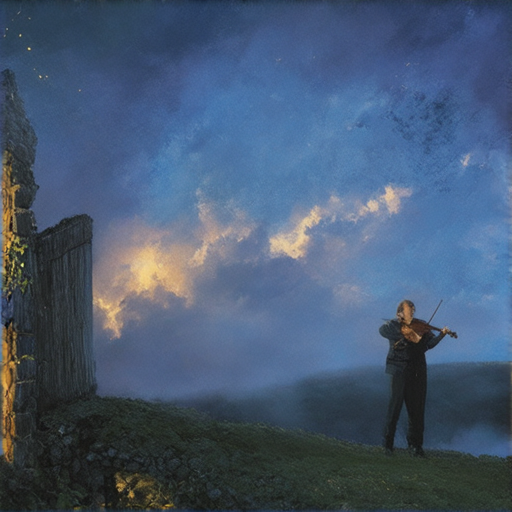
Pub Music: Understanding its Origins and Characteristics
Pub music refers to a genre of rock music that originated in the UK during the early to mid-1970s.
- Definition: Pub rock is characterized by its raw, energetic sound and often features simple harmonies and catchy melodies.
- Origins: Emerging as a reaction against the polished production of progressive rock and glam rock, pub rock drew inspiration from American roots rock and blues.
- Key Features: Pub rock typically incorporates elements of folk, country, and R&B, resulting in a distinctive sound that is both rootsy and rebellious.
- Notable Artists: Bands like Dr. Feelgood, Brinsley Schwarz, and Wreckless Eric were among the pioneers of the pub rock scene, known for their raw energy and authentic performances.
- Impact: Pub rock played a significant role in shaping the UK music scene, paving the way for future genres like punk and new wave.
Characteristics of Pub Rock Music
Pub rock music is marked by several distinct characteristics, including:
- Simple Harmonies: Pub rock often features simple, catchy harmonies that add to the overall energy and charm of the music.
- Raw Sound: Pub rock is characterized by its raw, unpolished sound, which gives the music a gritty, authentic feel.
- Rebellious Spirit: Pub rock embodies a rebellious spirit, rejecting the excesses and pretensions of mainstream rock music in favor of a more stripped-down, honest approach.
Legacy of Pub Rock
The legacy of pub rock can still be heard in many modern rock bands, who draw inspiration from its raw energy and rebellious spirit.
- Influence on Punk and New Wave: Pub rock played a significant role in shaping the sound of punk and new wave, influencing bands like The Clash and The Sex Pistols.
- Continued Relevance: Despite being largely forgotten in recent years, pub rock remains a beloved and influential genre, continuing to inspire new generations of musicians and fans.
Understanding Pub Deals in Music
A publishing deal in music refers to the agreement between a songwriter or composer and a publisher regarding the ownership and management of the musical composition’s rights.
Key Components of a Pub Deal
- Ownership and Rights**: The publisher acquires the rights to the composition, including the right to collect royalties and distribute the work to various users.
- Royalty Rates**: The rate at which the publisher receives a percentage of the revenue generated by the composition, typically ranging from 10% to 20%.
- Administration Fees**: The fees charged by the publisher for administrative tasks, such as registering the composition with performing rights organizations (PROs) and collecting royalties.
Types of Pub Deals
There are two primary types of publishing deals:
- Exclusive Deal**: The publisher has exclusive rights to the composition, meaning they have the sole authority to license and distribute the work.
- Non-Exclusive Deal**: The publisher shares rights with other companies or individuals, allowing multiple parties to license and distribute the composition.
Negotiating a Pub Deal
The negotiation process involves discussing and agreeing upon the terms of the deal, including royalty rates, administration fees, and territorial rights.
- Calculate Royalties**: Determine the percentage of revenue to be allocated to the publisher based on the composition’s usage and territory.
- Define Administration Fees**: Agree upon the costs associated with managing the composition, including registration fees and royalty collection expenses.
- Establish Territorial Rights**: Define the geographical regions where the publisher has exclusive rights to the composition.
Benefits of a Pub Deal
A well-crafted publishing deal can provide significant benefits to songwriters and composers, including:
- Increased Revenue Streams**: By granting the publisher access to the composition’s rights, songwriters can earn additional income through licensing and royalties.
- Expert Management**: Publishers often possess extensive knowledge and resources, enabling them to effectively manage the composition’s rights and negotiate favorable deals.
- Access to Industry Connections**: Publishers may establish relationships with influential artists, producers, and other industry professionals, potentially leading to new opportunities and collaborations.
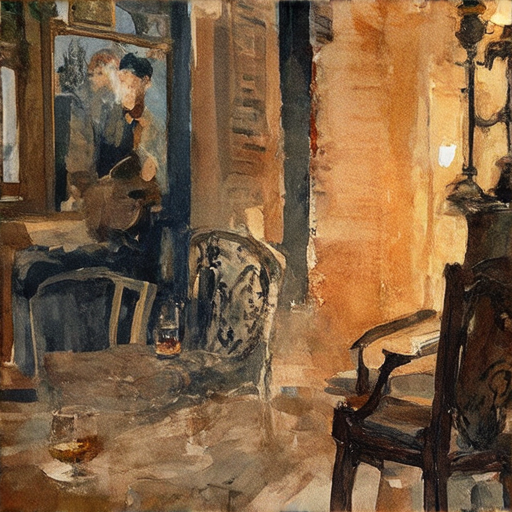
Difference Between a Pub and a Disco
A pub and a disco are two distinct types of establishments that offer different experiences to patrons.
Key Differences:
- Pub vs Disco: Atmosphere
- Pub: Typically has a cozy atmosphere, often with wooden decor, fireplaces, and comfortable seating areas.
- Disco: Characterized by a lively, energetic atmosphere, typically featuring flashing lights, loud music, and a dance floor.
Food and Beverage Options:
- Pub: Usually offers a variety of food options, including meals, snacks, and light bites, often served alongside beverages like beer, wine, and cocktails.
- Disco: Typically focuses on serving drinks, such as cocktails, beers, and wines, with limited or no food options available.
Entertainment and Activities:
- Pub: May feature live music, sports events, trivia nights, or other activities, but these are not always guaranteed.
- Disco: Often includes live performances, such as DJs, bands, or other musicians, and may host themed parties or events.
Target Audience:
- Pub: Attracts a diverse crowd, including locals, tourists, and those looking for a relaxed atmosphere.
- Disco: Primarily targets young adults and partygoers seeking a lively, energetic environment.
Price Range:
- Pub: Prices vary depending on location and offerings, but generally fall within a moderate range.
- Disco: Cover charges can be high, especially for popular events, and drink prices may also be steep.
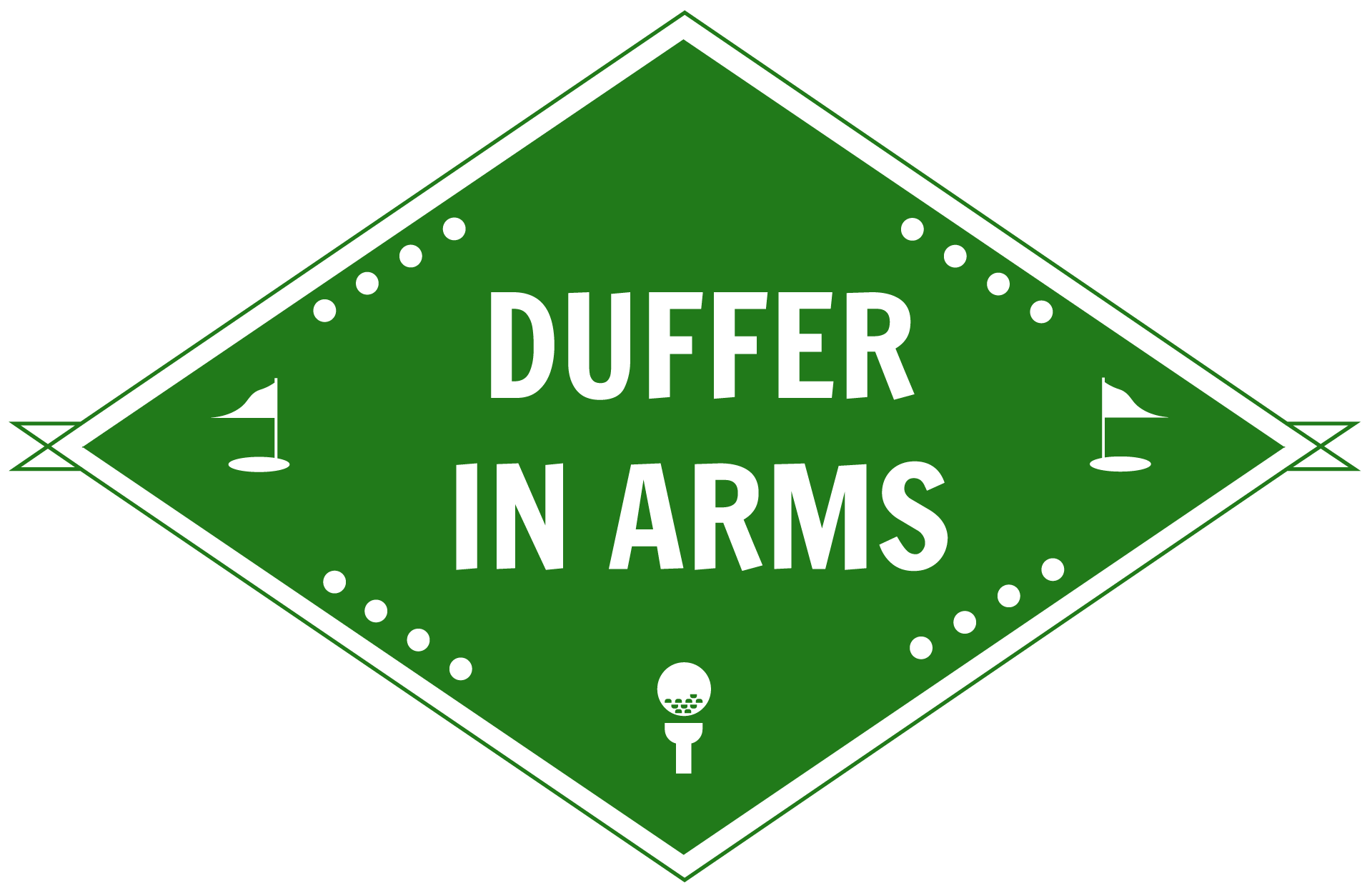
0 Comments